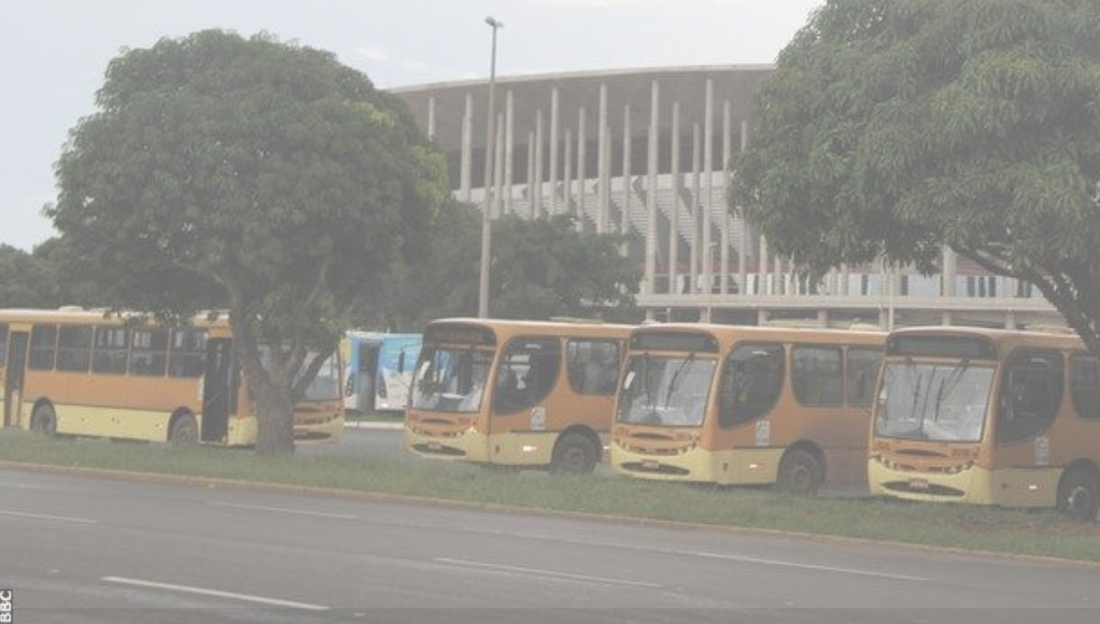|
By: B. Sapoznik The World Cup is an extremely famous tournament held once every 4 years. It is especially known in Brazil for being the only country with an amazing history of gaining 5 cups and having qualified for every version of the tournament since its creation and inauguration in 1930. Brazil is known mainly for the various icons that led the country to its victories, and recently hosted the event in 2014. Every cup has a different host, which begs the question: How much money does it generate? How does it impact the economy? What about tourism? Well, since there are 32 countries that participate in every version of the world cup, there are an overflow of tourists which go to support their home, origin or just fan countries. This generates a large fluctuation of visitors for every country, especially smaller countries that host the event. Every 4 years, the FIFA board holds a vote to secure the spot for the world cups happening in the next 8 years. For this article, we use the statistics of the last 4 world cups, including the current one. For reference, these are the last 4 locations of world cups: 2022 - Qatar 2018 - Russia 2014 - Brazil 2010 - South Africa The cost of World cups is generally very high. This is due to the building of hotels, stadiums, efficient forms of transport, local services, infrastructure, and other services. These are key for the event to occur. Most countries already have these, but some smaller countries are barely ready to host this tournament, leading to expanded costs. This year’s world cup has generated a cost of over U$D 229 billion for Qatar, which follows: U$D 16 billion to Russia, U$D 19.7 billion to Brazil, and U$D 7.2 billion to South Africa. The physical attendance of the latest cups has been well over 3 million inside the countries themselves, disregarding those following matches through transmissions. But how much money do hosts actually earn? Well, not much. 100% of the money for match tickets goes to the FIFA organization, alongside the packets offered by FIFA. Though the prizes for the world cup are paid for by FIFA, the tourism and economic impacts of the event are also generally bad for the host countries. Most of them have been left in debt or in critical financial situations. This year, FIFA gave roughly U$D 1.7 billion to Qatar as aid to pay for the prizes and other aspects for the tournament; and it is estimated that Qatar have made a revenue of over U$D 4.2 billion overall. However, these do not come close to paying off the U$D 229 billion which were spent. So how do host countries deal with the cost? Most stadiums and infrastructure built for the last World Cups are reused. On the other hand, great corruption cases are involved in the preparations for this event, causing some structures to be completely abandoned afterwards. Most of the money used in some stadiums is from public funding and taxes. For example, some stadiums built in Brazil and Russia are now being used for local teams. Others, like the Arena BRB in Brasilia have unfortunate endings like bus stops or storage houses. Above, the Arena BRB being used as a bus storage location.
In other cases, like Qatar, there are teams that gladly would accept such stadiums. But stadiums in Qatar had been allegedly criticized for using slave work, with terrible conditions and sometimes death cases for immigrant workers. The world cup is a marvelous tournament, with the best of teams involved. The preparation, hard work, and money put into investment by the hosts is a phenomenal amount. We should continue to value this tournament and credit the hosts for such care involved into the process, despite the aftermath and the corruption involved. Good luck to all teams participating. Sources: https://www.statista.com/statistics/264441/number-of-spectators-at-football-world-cups-since-1930/ https://en.wikipedia.org/wiki/Economics_of_the_FIFA_World_Cup https://www.aljazeera.com/sports/2022/11/17/do-host-countries-make-money-from-the-world-cup https://www.cnbc.com/2022/11/10/why-hosting-the-world-cup-can-be-a-bad-idea-for-some-countries.html https://www.bbc.com/sport/football/32073525 https://www.cnbc.com/2018/06/14/the-business-of-the-world-cup--who-makes-money-and-how-much.html
0 Comments
Leave a Reply. |
Categories
All
Archives
June 2024
|


